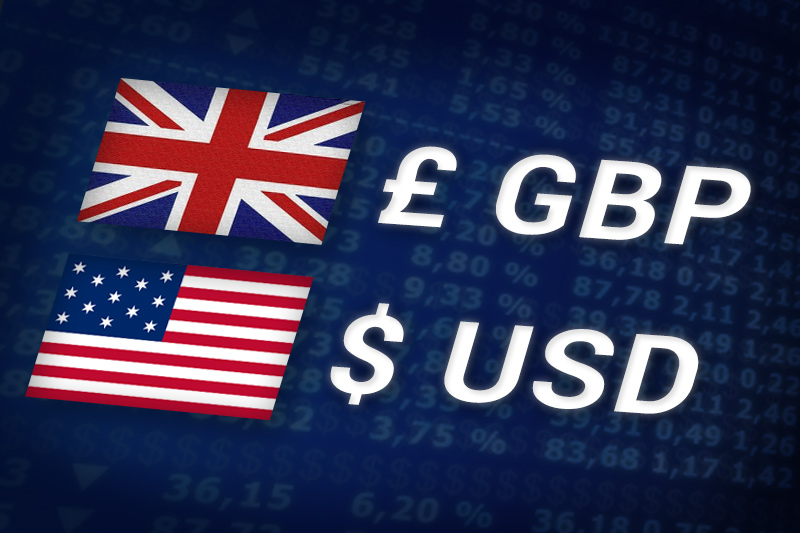Investing.com – The pound erased losses against the U.S. dollar on Wednesday, rising to hit an intra-day high, amid fears that further monetary easing may be required to support the faltering U.S. economy.
GBP/USD retreated from 1.5831, the daily low, to hit 1.5901 during European afternoon trade, gaining 0.08%.
Cable was likely to find support at 1.5751, Tuesday’s low and resistance at 1.5995, the high of August 9.
Earlier in the day, U.S. payroll processing firm ADP said non-farm private employment declined by a seasonally adjusted 39K in September, after rising by a revised 10K in August.
Analysts had expected non-farm private sector employment to increase by 18K in September.
The report said that the decline in private employment in September “confirms a pause in the economic recovery already evident in other data”.
Meanwhile, the pound was down against the euro, with EUR/GBP gaining 0.48% to hit 0.8752.
The Bank of England was due to hold a meeting of its monetary policy committee on Thursday. The committee is currently split three ways for the first time since November, with members variously supporting both tighter and looser policy due to uncertainty over the economic outlook.
GBP/USD retreated from 1.5831, the daily low, to hit 1.5901 during European afternoon trade, gaining 0.08%.
Cable was likely to find support at 1.5751, Tuesday’s low and resistance at 1.5995, the high of August 9.
Earlier in the day, U.S. payroll processing firm ADP said non-farm private employment declined by a seasonally adjusted 39K in September, after rising by a revised 10K in August.
Analysts had expected non-farm private sector employment to increase by 18K in September.
The report said that the decline in private employment in September “confirms a pause in the economic recovery already evident in other data”.
Meanwhile, the pound was down against the euro, with EUR/GBP gaining 0.48% to hit 0.8752.
The Bank of England was due to hold a meeting of its monetary policy committee on Thursday. The committee is currently split three ways for the first time since November, with members variously supporting both tighter and looser policy due to uncertainty over the economic outlook.
